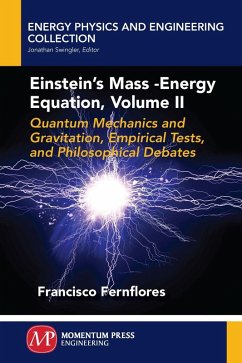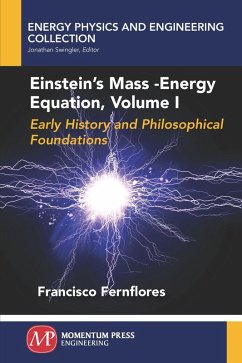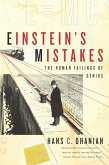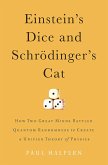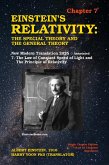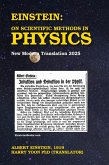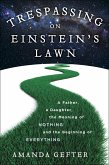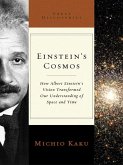In this second volume, we examine the role that Einstein's mass-energy equation played in the development of two important theories in early twentieth century physics: de Broglie's "matter waves" and general relativity as a theory of gravitation. We also discuss the first empirical confirmation of E = mc2 by Cockcroft and Walton. We investigate the somewhat surprising fact that Cockcroft and Walton's paper reporting their result makes no mention of either Einstein or his famous equation. Finally, we examine some of the contemporary debates concerning how the mass-energy relation should be taught and understood philosophically. We close with some suggestions for future research.
Dieser Download kann aus rechtlichen Gründen nur mit Rechnungsadresse in A, D ausgeliefert werden.

